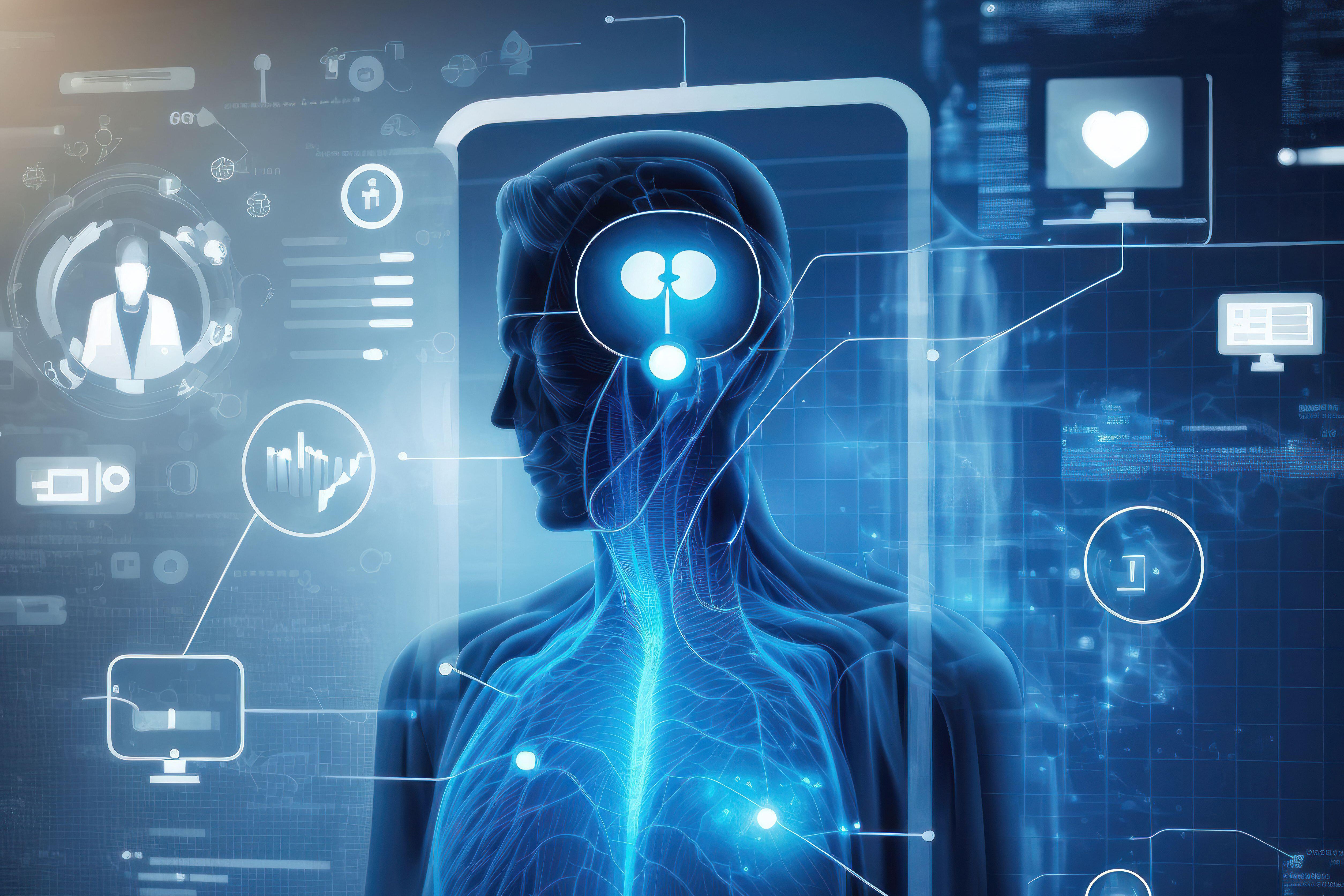
AI-Powered Systems Revolutionize Medical DiagnosticsAI-Powered Systems Revolutionize Medical Diagnostics The relentless advancement of technology has transformed countless industries, and healthcare is no exception. The integration of artificial intelligence (AI) into medical diagnostics is revolutionizing the way healthcare professionals identify and understand diseases. Enhanced Accuracy and Speed AI algorithms can analyze vast amounts of medical data with unparalleled speed and precision. By leveraging machine learning techniques, these systems can identify patterns and detect abnormalities that may escape the human eye. This leads to more accurate diagnoses, earlier detection of diseases, and improved patient outcomes. Automating Tasks AI-powered systems can automate many time-consuming tasks, such as medical image analysis and data mining. This frees up healthcare professionals to focus on more complex and patient-centric tasks, enhancing their efficiency and freeing up valuable time. Personalized and Predictive AI algorithms can process patient-specific data to create personalized diagnostic models. This allows for tailored treatments and preventive measures based on individual needs. Predictive analytics capabilities enable AI systems to identify patients at risk of developing certain conditions, facilitating early intervention and improved outcomes. Expanded Access to Healthcare AI-powered diagnostics can be deployed in remote areas or underserved communities, expanding access to healthcare services. Telemedicine platforms powered by AI can provide remote consultations and diagnostic support, bridging geographical barriers. Specific Applications AI-powered systems are already making a significant impact in various medical specialties, including: * Radiology: AI algorithms aid in interpreting medical images, such as X-rays, CT scans, and MRIs, enhancing diagnostic accuracy. * Pathology: AI-based systems assist in tumor detection and classification, providing more precise diagnoses and prognoses. * Ophthalmology: AI algorithms help identify eye diseases and monitor disease progression, optimizing treatment plans. * Cardiology: AI-powered diagnostics analyze electrocardiograms and other heart data, improving the diagnosis and management of cardiovascular diseases. Conclusion The integration of AI into medical diagnostics is transforming healthcare by enhancing accuracy, automating tasks, personalizing treatments, predicting outcomes, and expanding access to services. As AI continues to advance, we can expect even more groundbreaking applications that will further revolutionize the way we diagnose and treat medical conditions, ultimately improving patient care and well-being.
Posted inNews